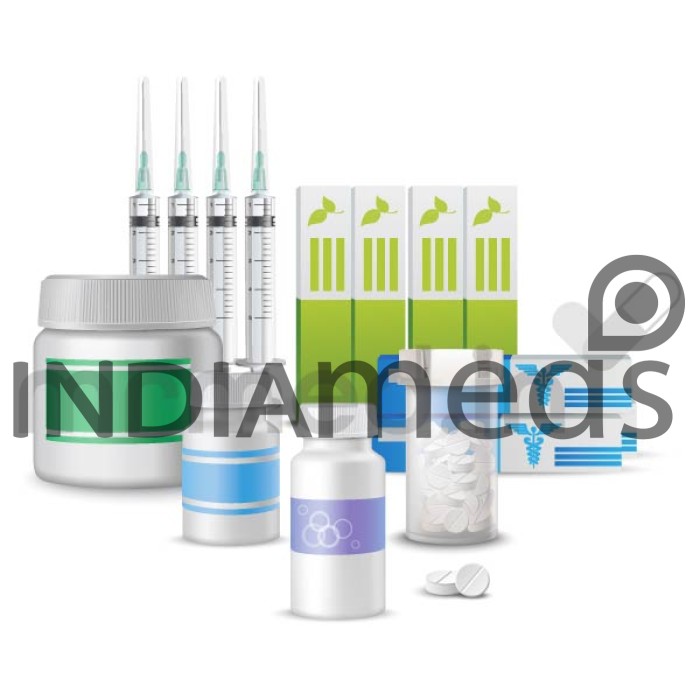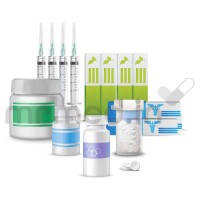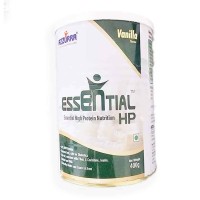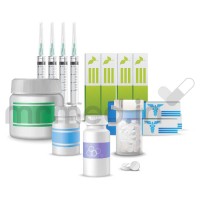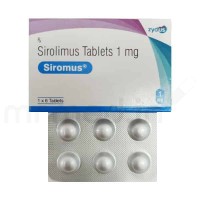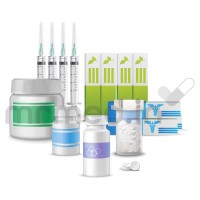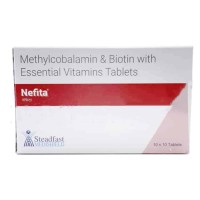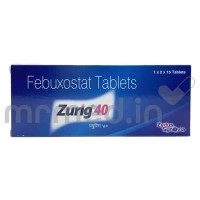Dextomid 100mcg injection 1ml contains an active substance called dexmedetomidine, which belongs to a group of medications called sedatives. It is used to provide sedation (a state of calm, drowsiness, or sleep) for adult patients in hospital intensive care settings or awake sedation during different diagnostic or surgical procedures.
It is not recommended to use this medicine if you are allergic to dexmedetomidine or any of the other ingredients. Additionally, inform your doctor if you have disorders of heart, or if you experience very low blood pressure that does not respond to treatment. Avoid this medication if you have recently had a stroke or any other serious condition impacting the blood supply to the brain. Prioritize consulting your healthcare provider to determine the suitability of this medicine for your specific health conditions.
Therapeutic Effects of Dextomid 100mcg Injection 1ml
Pregnancy
Tell your doctor if you are pregnant or planning to get pregnant before taking this medicine. It will be given to you if clearly needed.
Breast Feeding
Tell your doctor if you are breastfeeding before taking this medicine. It will be given to you if clearly needed.
Lungs
The safety of Dexmedetomidine HCl in lung patients is unknown. Hence, inform your doctor if you have any lung-related problems before starting the treatment.
Liver
Dexmedetomidine HCl is used cautiously in patients with impaired liver function. Inform your doctor if you suffer from any serious liver disorder.
Alcohol
Drinking alcohol during the treatment with dexmedetomidine HCl may enhance the sedative effect. Hence, it is not advised to take alcohol.
Driving
It is not recommended to drive or operate heavy machines while undergoing dexmedetomidine HCl treatment. Consult your doctor to know when it is safe to resume these activities, ensuring that the effects of the injection have completely worn off.
Serious:
- Chest pain
Common:
- Abnormal heart rate
- High or low blood pressure
- Change in breathing pattern
- High or low blood sugar
- Nausea, vomiting, dry mouth
- Restlessness
- Fever
Adhere strictly to the directed safety measures provided by your healthcare provider. It is important to attend all scheduled appointments and follow-up visits to monitor the response to dexmedetomidine HCl treatment.
No, it is unsafe to drive or operate heavy machinery during treatment. Consult your doctor to determine when it is safe to resume such activities after ensuring the effects of the medication have completely gone.
Chest pain is a serious side effect. Immediately Inform your healthcare provider promptly if you experience chest pain during the treatment.
No, drinking alcohol during treatment may enhance the sedative effect. It is not advised to consume alcohol while on dexmedetomidine HCl.
Dexmedetomidine HCL is given only in a hospital set up by a trained healthcare provider. It is given to you as an infusion (drip) into your veins. Your doctor will decide your most apt dosage based on age, body weight, and physical circumstances.
Serious side effects, such as abnormal heart rate, high or low blood pressure, changes in breathing patterns, high or low blood sugar, and common side effects like nausea, vomiting, dry mouth, restlessness, and fever, should be reported to your healthcare provider.
Molecule Name: Dexmedetomidine hydrochloride | Therapeutic class: Sedatives |
Pharmacological class: Central alpha-2 adrenergic agonist | Indications: 1. For patients in intensive care settings (sedation) 2. For diagnostic or surgical procedures (awake sedation) |


